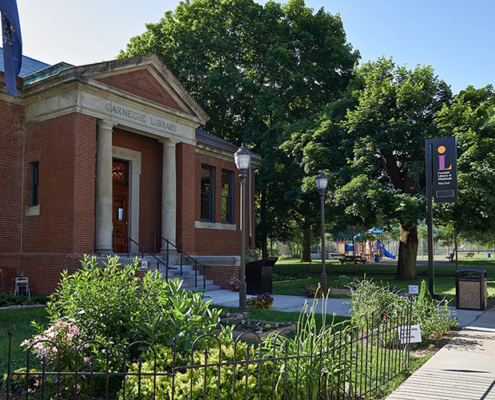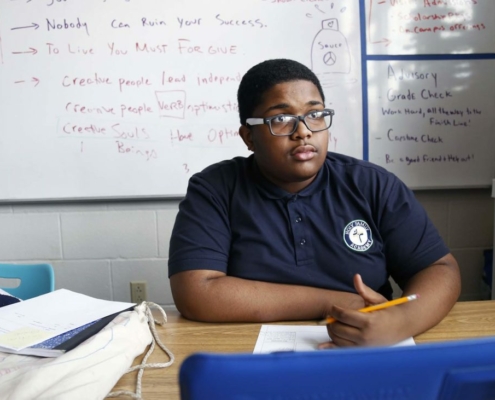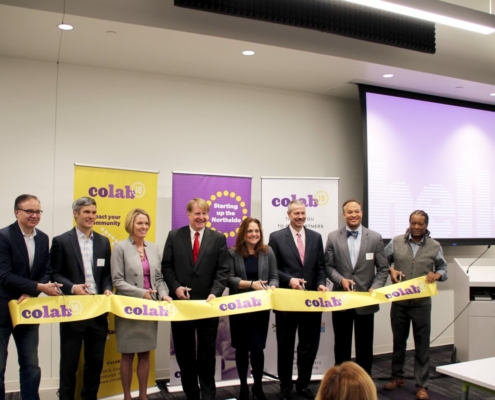
From Our Kids: The Employment Institute
EmploymentNorthside VlogU students captured the story of the Employment Institute, operated by our partner, Auberle. VlogU students traveled to several worksites and held interviews with employees to show what an experience in the Auberle program can…

Pittsburgh’s new Financial Empowerment Center offers free advice and education in underserved neighborhoods
EmploymentPittsburgh's new Financial Empowerment Center offers free advice and education in underserved neighborhoods.

College degree? Many Pittsburgh-area jobs in the next decade may not require one.
EmploymentMany have and still view higher education as the only ticket to a stable, prosperous career. But it’s not so clear-cut anymore.

Pittsburgh leaders open CoLab18 community space, aim to provide equal access to technology
EmploymentAs the technology industry fuels economic growth in this city, community leaders want to make sure all residents have a chance to participate.

CoLab18 to open at Nova Place
EmploymentA space where North Side nonprofits, businesses, groups and organizations can gather for meetings or trainings will open Wednesday inside Nova Place.
CoLab18 will be a hub for creativity, problem solving, collaboration and technology, said…

